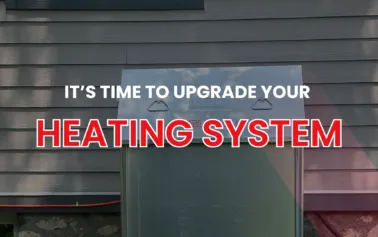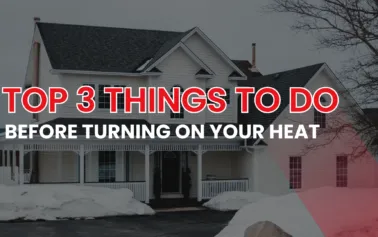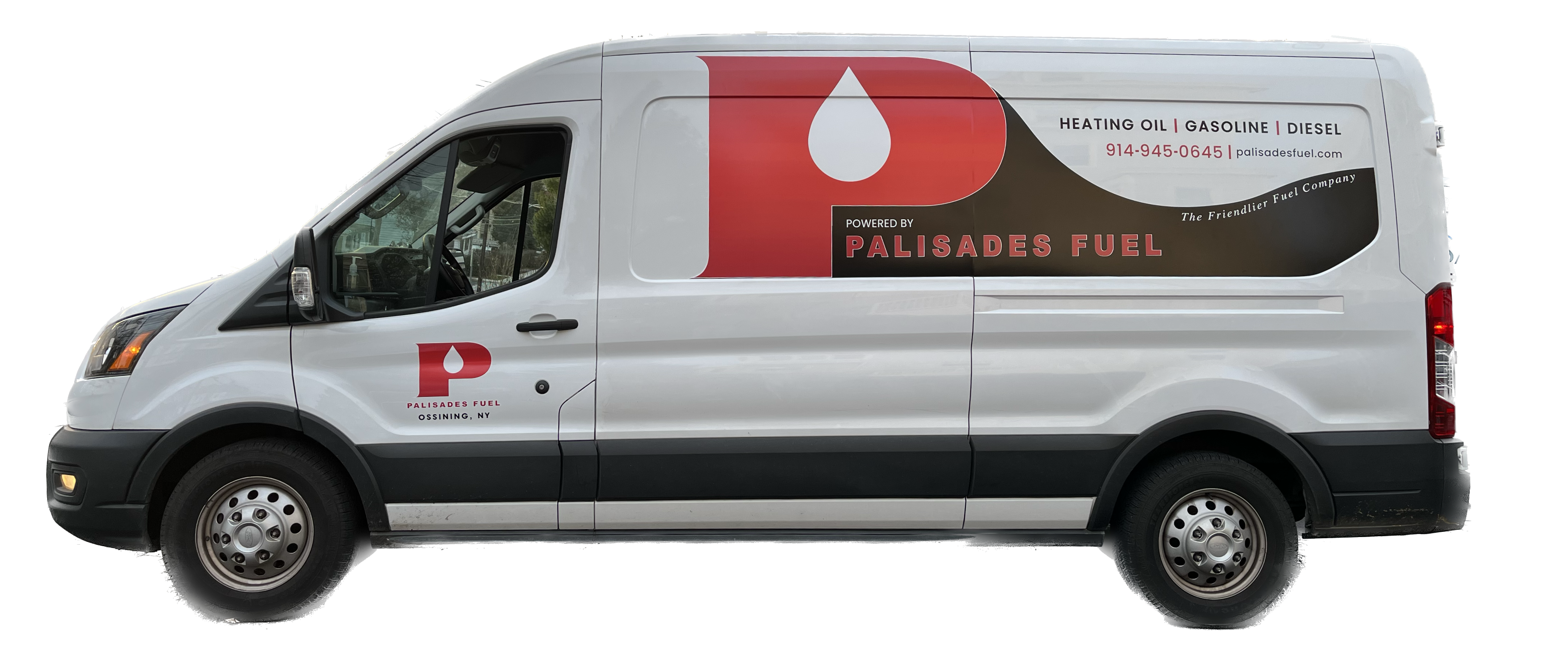1. Change Your Air Filter Regularly
One of the simplest yet most effective maintenance tasks is changing your air filter. A clogged filter restricts airflow, forcing your system to work harder.
- How often? Every 30–90 days, depending on usage, filter type, and if you have pets or allergies.
- Tip: Set a reminder on your phone or calendar so you never forget.
Benefits:
- Improved airflow
- Reduced energy consumption
- Cleaner indoor air
2. Clean the Condenser Coils
Your outdoor condenser unit needs attention too. Over time, dirt, grass clippings, and debris can collect on the coils, reducing efficiency.
How to clean:
- Turn off power to the unit.
- Use a garden hose to gently rinse off dirt and debris.
- Avoid pressure washers—they can damage the coils.
- For stubborn grime, a coil cleaning spray may help.
3. Check the Thermostat Settings
Make sure your thermostat is working correctly and programmed for energy savings.
- Upgrade to a smart thermostat: These devices learn your schedule and adjust cooling accordingly, saving energy and money.
- Recommended setting: 78°F when you’re home, higher when you’re away.
4. Clear the Area Around the Outdoor Unit
Your outdoor unit needs space to breathe. Overgrown shrubs, fences, or clutter can block airflow.
- Clear at least 2–3 feet around the unit.
- Trim nearby plants regularly.
- Make sure the unit is on level ground to avoid vibration damage.
5. Inspect and Clean Air Vents
Blocked or dirty air vents can restrict airflow and cause uneven cooling.
- Vacuum dust from supply and return vents monthly.
- Ensure furniture or curtains aren’t blocking airflow.
- Consider a professional duct cleaning if you notice excessive dust, mold, or poor airflow.
6. Check the Condensate Drain Line
Air conditioners remove moisture from the air, which exits through a condensate drain line. If this line gets clogged, it can cause water damage and humidity problems.
- DIY Tip: Pour a cup of white vinegar or bleach into the drain line every 2–3 months to prevent algae and mold buildup.
- Watch for signs of clogs like water leaks, musty odors, or humidity spikes indoors.
7. Listen for Unusual Noises
Unusual noises like grinding, squealing, or rattling can indicate problems such as:
- Loose parts
- Worn-out belts
- Motor or fan issues
If your system starts making strange noises, call a professional technician right away.
8. Schedule a Professional AC Tune-Up
No matter how proactive you are, some maintenance tasks should be left to the pros. Annual AC tune-ups are essential for long-term performance and reliability.
At Palisades Fuel, our comprehensive AC tune-ups include:
- Checking refrigerant levels
- Inspecting electrical components
- Cleaning coils and drain lines
- Lubricating moving parts
- Testing thermostat accuracy
Pro Tip: Spring is the best time to schedule a tune-up, before peak cooling season hits.
9. Keep an Eye on Your Energy Bills
Sudden spikes in your energy bill may signal that your AC system is struggling.
- Monitor your utility statements for unusual increases.
- Compare bills from the same month last year.
- A poorly maintained system can use 15–20% more energy!
10. Don’t Ignore Airflow Issues
If some rooms feel warmer than others, or you notice weak airflow from vents, your system may need attention.
Possible causes include:
- Dirty filters or coils
- Blocked ducts
- Fan motor issues
- Leaking refrigerant
Bonus Tips for AC Longevity
- Use ceiling fans: They help circulate air and reduce the load on your AC.
- Close blinds during the day: Block out sunlight to keep your home cooler.
- Seal windows and doors: Prevent cool air from escaping.
- Avoid using heat-generating appliances during the hottest part of the day.
When to Replace Your AC Unit
Even with the best maintenance, every system has a lifespan. Most AC units last 10–15 years.
Consider replacing your unit if:
- Repairs are becoming frequent and costly
- Your system is more than 12–15 years old
- Your home isn’t cooling evenly
- Your energy bills have increased significantly
Trust the Experts at Palisades Fuel
Regular maintenance is the key to a comfortable, cool home—and we’re here to help. At Palisades Fuel, we offer professional AC maintenance, repair, and installation services to keep your system running at peak performance.
Schedule your AC tune-up today and beat the heat before it beats you.
Contact us online or call us at (914) 945-0645.
Frequently Asked Questions About AC Maintenance
1. How often should I have my AC serviced?
Once a year, ideally in the spring before summer starts. Annual service helps prevent breakdowns and keeps your system efficient.
2. Can I do any AC maintenance myself?
Yes, you can change filters, clean outdoor units, clear vents, and check your thermostat. Leave refrigerant and electrical issues to a pro.
3. What are signs that my AC needs maintenance?
Warm air, low airflow, strange noises, foul odors, or higher energy bills are all red flags.
4. How much does AC maintenance cost?
Most tune-ups range from $100 to $200. Preventative maintenance helps avoid costly repairs later on.
5. What happens if I skip AC maintenance?
You’ll likely experience lower efficiency, more frequent repairs, poor air quality, and a shorter system lifespan.
6. When should I replace my air conditioner instead of repairing it?
If it’s over 12–15 years old, repairs are frequent, or it doesn’t cool your home effectively, it may be time to upgrade.




